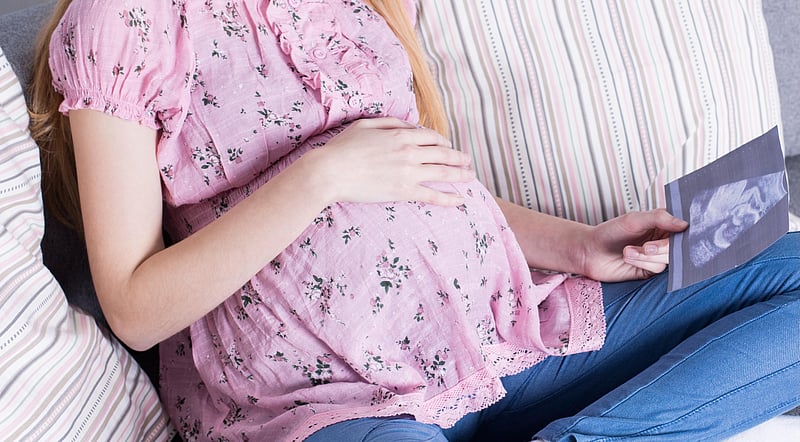Get Healthy!

- Cara Murez
- Posted November 10, 2022
For Pregnant Women and Their Newborns, COVID Vaccine Offers Better Protection Than Prior Infection
Getting vaccinated for COVID-19 while pregnant provides higher levels of antibodies for both mom and baby than catching the virus does, a new study finds.
When pregnant women received one of the two available mRNA vaccines, researchers found that the women had 10-fold higher antibody concentrations than those who were infected naturally.
The research team from Children's Hospital of Philadelphia (CHOP) and the University of Pennsylvania detected antibodies as early as 15 days after the women's first dose of the vaccine.
"These findings suggest that COVID-19 vaccination not only provides robust protection for mothers during pregnancy -- it also provides higher concentrations of antibodies to babies than COVID-19 infection," said first study author Dr. Dustin Flannery, an attending neonatologist at CHOP.
"Given that pregnancy is a risk factor for severe COVID-19, this study suggests pregnant people should prioritize getting vaccinated to protect themselves and their babies," he said in a hospital news release.
The researchers studied these questions by analyzing data from patients who gave birth between Aug. 9, 2020, and April 25, 2021, at Pennsylvania Hospital in Philadelphia.
The team members chose these dates because they found it easier to determine the origin of a patient's antibodies. Vaccines were not widely available during part of this time frame, becoming available in December 2020. Boosters were not widely available until after this time, starting in September 2021.
Cord blood serum was evaluated from 585 pregnant women who had COVID antibodies.
Among them, 169 patients had been vaccinated but never infected, while 408 had been infected but not vaccinated.
More than 95% of newborns, 557 of the 585, had antibodies in their cord blood. Antibody levels in newborns were 10 times higher in the vaccinated group than in the naturally infected group.
Transfer ratios, or how levels in the newborn match up to antibody levels in the mother, were slightly lower in the vaccinated group compared with the naturally infected group, researchers found.
To determine what might cause this, the researchers analyzed factors such as gestational age at birth and maternal medical issues such as hypertension, diabetes and obesity.
"Our study suggests that time from infection or vaccination to delivery was the most important factor in transfer efficiency, and these findings can inform optimal COVID-19 vaccination strategy during pregnancy," said senior author Dr. Karen Puopolo, chief of the section on newborn medicine at Pennsylvania Hospital.
"Patients should plan to get vaccinated with ample time before their due date, so that they -- and their babies -- can benefit from a robust immune response," she said in the release.
The findings were published Nov. 9 in JAMA Network Open.
More information
The U.S. Centers for Disease Control and Prevention has more on COVID-19 vaccines.
SOURCE: Children's Hospital of Philadelphia, news release, Nov. 9, 2022






